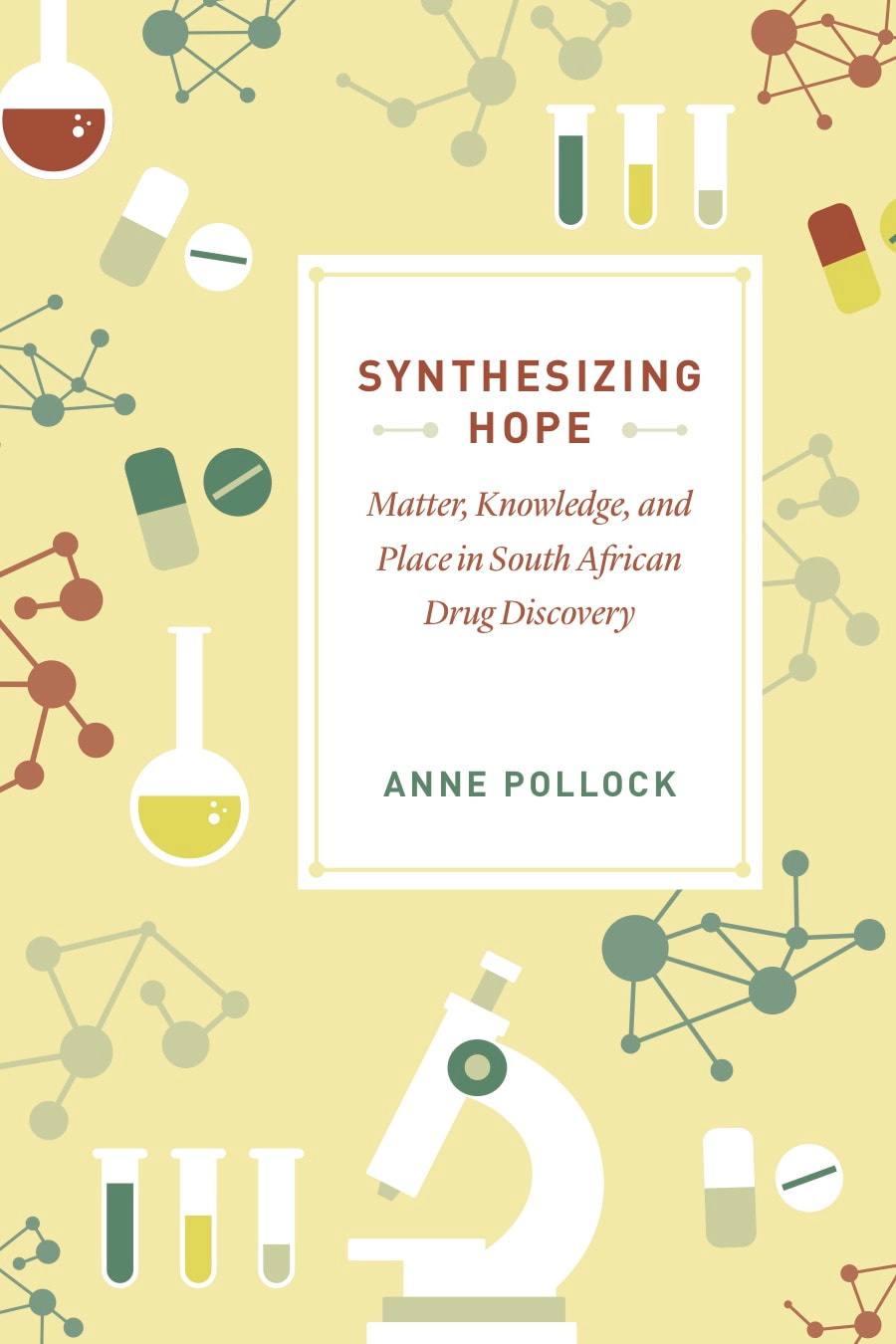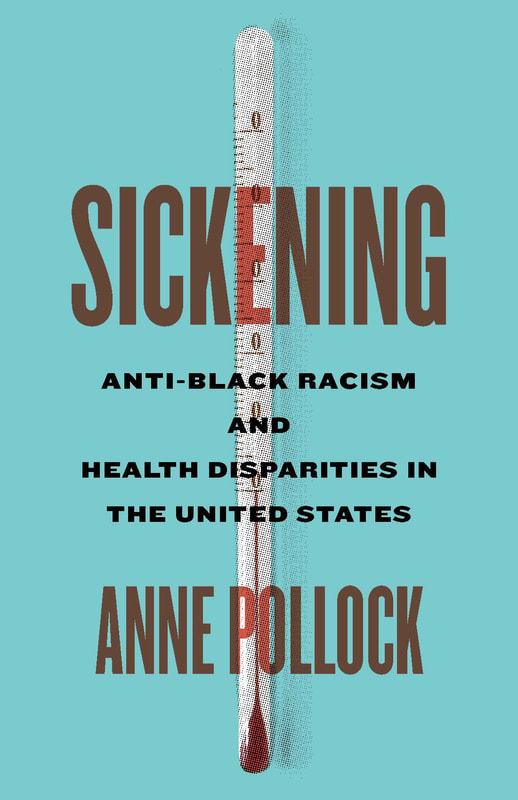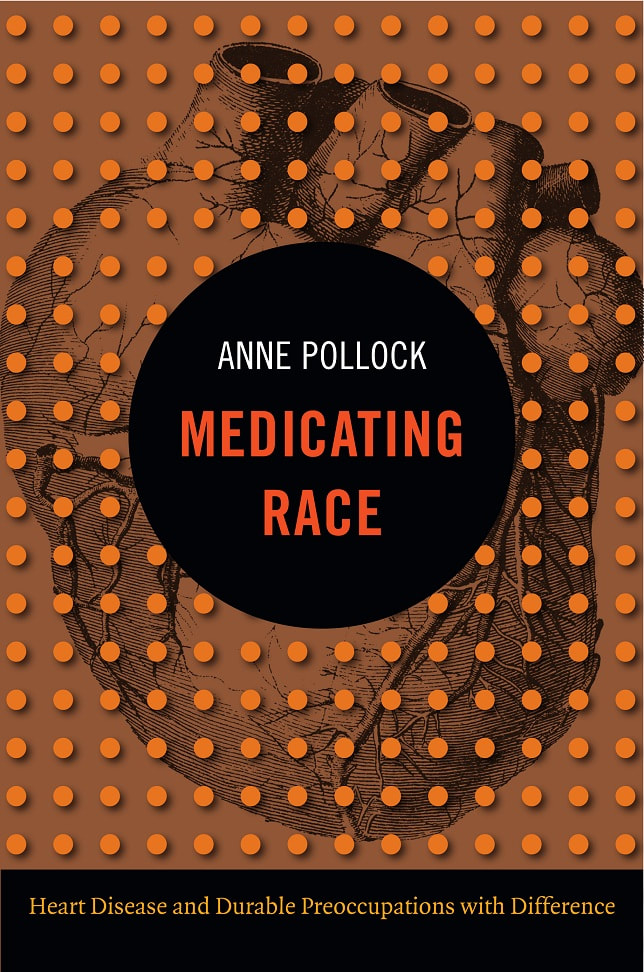Areas of Researchsocial and cultural studies of biomedicine, especially pharmaceuticals
science by and for the Global South racism and health in the United States feminist theory and the heart theories of race and gender feminist postcolonial science and technology studies Pharmaceutical Science
|



